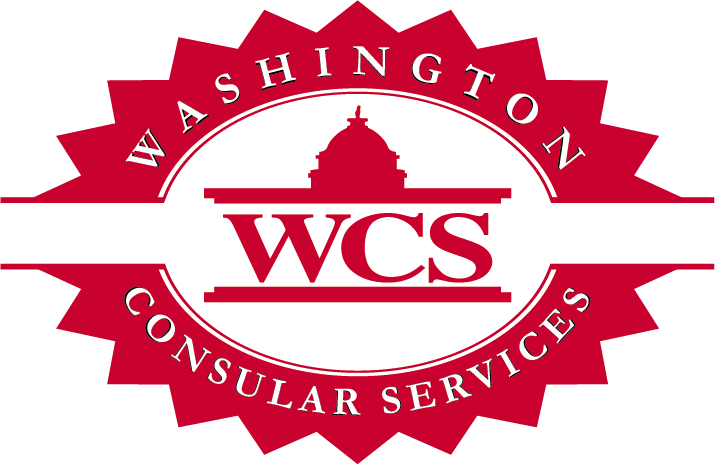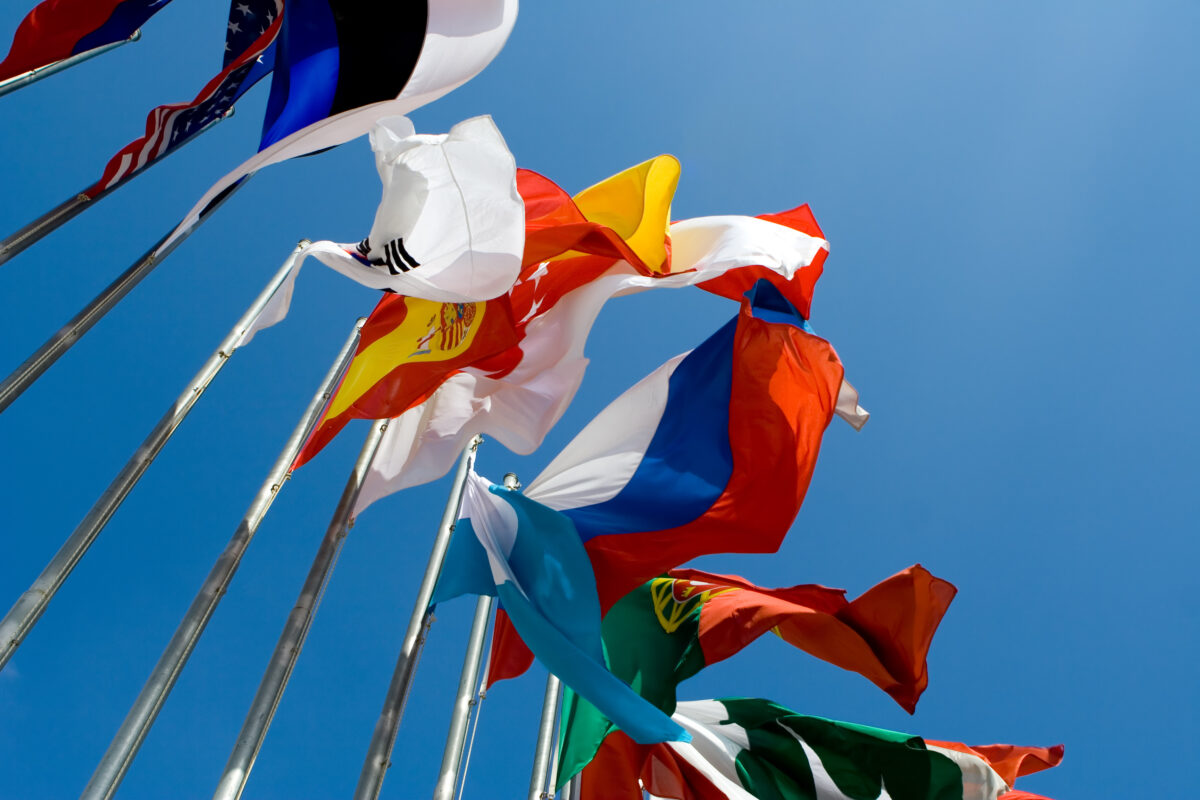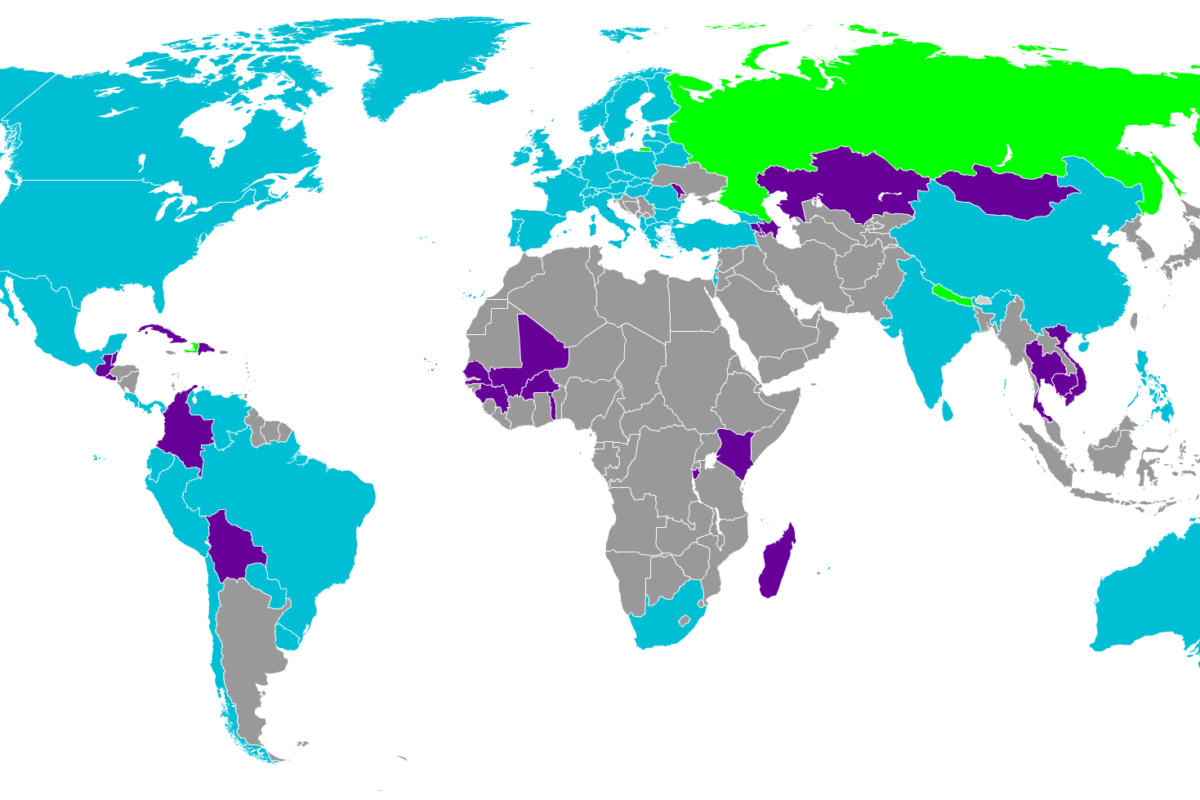Critically Important, Often Overlooked: Document Requirements
Every regulatory department must manage document requirements either internally or by engaging an outside service. This article covers the process for “legalizing” documents to sell regulated products outside of the US. A US product cannot be sold overseas without proof of the legalized document.
Apostille. Consular Legalization. Certificate to Foreign Government. Certificate of Pharmaceutical Product. Certificate of Free Sale. ISO Certificates.
Ever heard of those?
These terms refer to international document legalization, a critically important, but often overlooked aspect of doing business oversea”s.
What is an “apostille?” When and why do you need it?
Once you understand apostille, how is that different from consular legalization? And, when and why do need consular legalization instead of an apostille?
Let’s dive in, shall we?
What is an apostille?
An apostille is a certificate that authenticates the origin of a public document. The word “apostille” is of French origin and is derived from the old French word “postille,” which means “annotation.” It is relevant to the regulatory profession because legalized and/or apostilled documents grant companies the authority to legally sell products in overseas markets. In other words, it is a regulatory compliance issue.
When is apostille appropriate versus consular legalization?
This is where the distinction between Hague and non-Hague signatory countries becomes relevant. Signatory countries to the 1961 Hague Convention Abolishing the Requirement of Legalization for Foreign Public Documents agree to recognize the authenticity of an apostilled document from all other signatory countries. In the document authentication business, these are the “Hague” countries.
In contrast, consular legalization is the process for authenticating documents when selling products in non-Hague countries or countries that are not signatories to the Hague Convention document protocol. Generally (with some processing quirks for certain countries), the consular legalization process involves obtaining certification and stamps from
1. a state level Secretary of State
2. the US State Department and
3. the Embassy of the destination country
The legalized document is directly tied to a specific product and includes government issued documents such as Certificate to Foreign Government (CFG), Certificate of Pharmaceutical Product (CPP) and Certificate of Free Sale (CFS).{1-3} It also can include non-government issued documents including corporate documents, letters of authorization, distributor agreements, and many other types of documents for use in non-Hague countries.
Why is it important?
The simple answer is a company cannot legally do business in certain countries without obtaining these certifications. But that begs the question: what is the purpose behind this process? The answer is the apostille and/or consular legalization process is a way for foreign governments to authenticate the quality and safety of the products to be sold in their country. Essentially, these processes are the tools foreign countries use to protect their citizens. And, they rely on the US regulatory authorities for assurance.
To protect the health and safety of their citizens, foreign Health Ministries require assurance that the products being sold and utilized in their country are safe, effective, and comply with Good Manufacturing Practices (GMPs). In the European Union (EU), Mutual Recognition Agreements (MRAs) have been signed with third country authorities to support mutual recognition of good manufacturing practices in human and veterinary medicines.{4} In the US, the Food and Drug Administration (FDA) notes on their website:
“In many cases, foreign governments are seeking official assurance that products exported to their countries can be marketed in the United States or meet specific U.S. regulations, for example current Good Manufacturing Practice (cGMP) regulations.”{5} The document legalization process conveys US regulatory officials have certified that a product has successfully passed the review and regulatory processes in the US. Although people often complain about the regulatory burdens of US government agencies, a certification from the US FDA or other regulatory agency is the gold standard for most countries around the world.
In addition to the legal compliance aspect, efficient document legalization is important from an efficiency and cost perspective. One vice president of regulatory affairs for an international pharmaceutical company related how he emphasized the importance of document regulatory compliance with his Board of Directors. In his presentation to the Board, he said:
“We generate approximately $10 billion per year. That means we generate approximately $833,000 per month in revenue. And, that means it costs us $28,000 per day for every day we are not legally authorized to do business in a given country.”{6}
Obviously, an efficient and effective process for handling apostille and document legalization contributes to the company’s bottom line.
Apostille or Not?
Hague vs. Non-Hague Countries
It may be instructive to describe the process using a generic example. Company X has received approval from the US FDA for a new surgical stent product. This product is key component to the company’s overseas development strategy. The first step is to get FDA to issue a Certificate to Foreign Government (CFG) identifying the new product.
As noted above, the next step is to determine the “Hague” status of the destination countries. For a Hague country, such as Mexico, the process is to take the CFG for an apostille at the US State Department. The State Department accepts mail in requests or the company can engage a document services company to obtain the certification in person.
For any non-Hague country such as China, Saudi Arabia, or Iraq, the process is to obtain a certification from the US State Department and then have the document legalized by the respective Embassy. This process can take as few as six days to as many as 40 days depending on the Embassy.
After completing the Hague/Non-Hague process above, the company has obtained an apostille from the US State Department or consular legalization stamps and seals from the non-Hague country embassy. At this point, the company can now include these authenticated documents in its product registration dossier to submit to the health ministries of countries where the company wishes to market its products.
Lastly, it should be noted that the processes outlined herein is for documents originating in the US. Documents originating outside of the US generally require apostille or consular legalization in the host countries.
Click a country below to view their requirements
Hague Countries
Non-Hague Countries
Risks and Uncertainties
What could go wrong? Well, just because a process is defined does not mean changes cannot be made unilaterally and without notice. For example, a recent submission was rejected by the Embassy when the Embassy unilaterally concluded that a notary stamp on the document was too close to expiration. What is “too close” to expiration? Whatever the Embassy decides is too close. In this case, the new rule (unannounced except via the rejection of the document) was that notary stamps could not be within six months of expiration at the time the document was submitted.
Unfortunately, the client was expecting the document to be returned in time for the CEO to take the authenticated document with him on his business trip. The Embassy refused to consider any rule change even with strenuous efforts made to appeal the decision.
In addition to unforeseen changes to the rules, some countries create additional rules specific rules that fall outside the Hague vs. non-Hague paradigm. Indeed, some Hague countries still treat certain documents as if they were being used in a non-Hague country. Argentina, for example. Argentina, as a member of the Hague convention, only requires documents to be apostilled for use in Argentina, unless the documents are commercial documents. Then, they must go through legalization as if they were a non-Hague country. Does this run counter to the idea of being a member of the Hague convention for document authentication? Yes.
The complexity and ever-changing nature of the apostille or consular legalization processes present challenges to regulatory professionals. Many companies dedicate specially trained individuals to handle these requirements in-house while other companies elect to utilize the expertise of a document management service.


